Financial Survival
Prepping for Financial Collapse

What Causes Economic Crisis, and How Can You Prepare?
Financial collapses or recessions are the times where the financial institutions in an economy are in distress. The words recession or financial collapse have no proper definition; however, they are defined by time periods where there is a sharp increase in unemployment, closure of major businesses due to bankruptcy, and decrease in consumer spending. This cycle in an economy also results in hyperinflation which leads to civil and social unrest.
The world has witnessed some great recession periods that affected some major economies. In 1982, China was affected. After the First World War, Germany was affected when its economy was overburdened by the war losses. In 1930, the Great Depression struck the USA, where not only the US stock exchange crashed but its banking system also failed. In the 1980’s, the Soviet Union was attacked by a financial crisis which it could not tackle, and this led to the breaking of the communist empire and the emergence of Russia. In the early 2000s, the USA was again affected due to the crash of the Dot Com Bubble. Countries like Japan, Greece, India and Chile have also witnessed some financial crises over their economic history.
What Causes Financial Collapse?
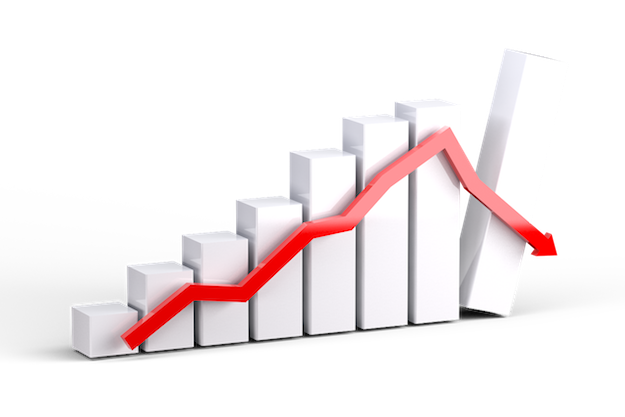
The numerous financial crises force one to think: what starts these financial collapses?
Economists believe that financial crises begin with asset bubbles. Assets such as gold, land, and equities experience a boom which leads to an increase in investors. To invest in these assets, the banks and financial institutions enter in as they lend out the credit that is invested. Hence, the rising value of the asset involves the investor and the financial institutions. The investors who are late, realize that at the peak of the boom, they have bought too much. After the peak the value starts to decrease. The opportunity was little but the money invested was huge, this ends up deflating the economy and causing a financial crisis.
Today, the world is again seeing some major economic fluctuations. In the middle of 2015, the Chinese stock market crashed that affected the value of the A-shares by one-third. Furthermore, oil as a commodity is also scaring economists who believe that it might stir up a new crisis. If the price of oil increases, the Middle Eastern region would be affected drawing in many economies in the downfall.
How Will Financial Collapse Affect Us?
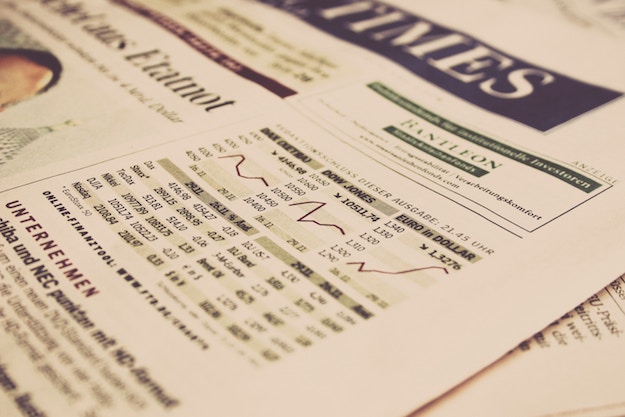
Millions of people believe that the world is on the verge of a major economic downfall; however, very few people are prepared for its repercussions. It is a sad fact that if such events take place, many people would not last more than a month with what they have stored in their houses. Everyone is so used to the idea of doing everything on the spot that they have not piled up basic stock at home or prepared themselves for a bad situation. The economy is already in distress. To crumple it down it wouldn’t require much; a war, major terrorist attack or a devastating natural disaster would do the trick and crash the economy.
The scary part is, the society of today is very vulnerable and the majority of the population is not prepared for unseen, unfortunate events that can occur any time. They just do not have a plan. But there are many ways people can prepare themselves for a financial crisis.

During a financial crisis, many people lose their jobs, and finding a new one is a challenge. It is better to get rid of the debt owed. A budget should be planned so that surplus income can be utilized to pay off the debt. Laddering technique should be used, which is paying off the highest interest rate loan first followed by the ones with lesser interest rates. An emergency fund should be set and maintained so that when unemployment strikes, one has the finance to get through the tough times. Liquid cash on hand is very important to survive financial crisis, this should be set aside too. Having a home based business is also a good way to prepare yourself for unseen situations. This would generate income and keep you afloat when jobs start firing.
How to Prepare
Food
During a financial crisis, food becomes a valuable commodity as it is essential for survival. Many families do not stock food but rather believe in getting it when needed. If food runs out a lot of hungry people would be on the lookout for something to eat. Growing your own food and having your own supply in the backyard or garden is a good way to store up food for the future.
Water
Without water, humans can die in a few days. One should always have a plan in case water runs out. Storing water in containers is a good idea. Water purification tablets should also be handy so that in cases where clean water may run out, they may be of use. In case of emergency, shelter plans should also be well thought out and prepared beforehand. One should always have a place to bug out when things go wrong.
Clothing
Clothing is another essential for survival. Emergency clothes according to the weather should be stored so that they can be used when need arises. Comfortable shoes are also necessary. In critical situations, the footwear has to be comfortable and long lasting so that long hours of walking do not seem worse than the situation itself. Personal hygiene items such as soap, toilet paper, toothbrushes should also be stored beforehand. One should also treasure important tools such as an axe, lighters, matches, sewing kit, first aid kit, self-defense kits, compass, Swiss knife, candles, extra gasoline, flashlights, batteries and lanterns. These tools may not be available in crisis times hence it is good to plan beforehand and have them on yourself.
Communication
In times of crisis communication is important. An emergency cell phone is a good idea to be stored for you and your family. Apart from communication, one needs to stay informed too and that can happen through a radio. In the advanced life of today, one may not feel the need but during crisis radio may be one of the valuable items on you.
Conclusion
One must always have a backup plan, because in crisis the reality is different than what you have imagined. In case things go wrong, it is better to have flexible arrangements prepared to take care of yourself rather than depending on others.
How are you preparing for an economic crisis? Sound off in the comments!
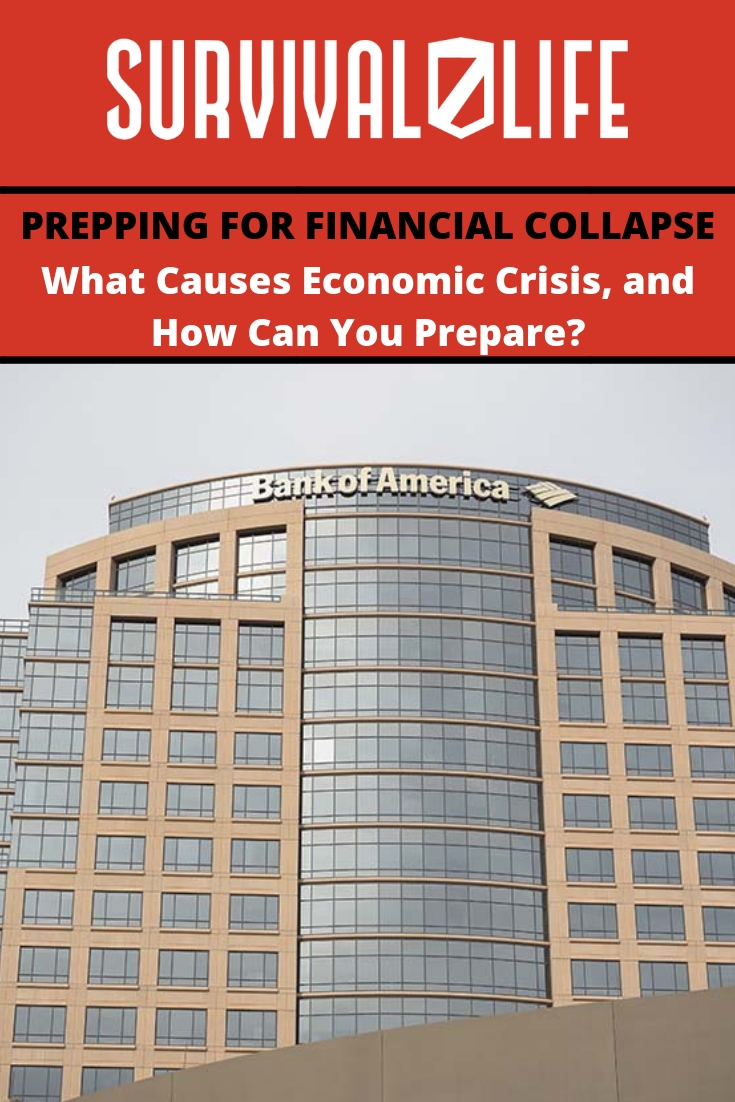
And be sure to like us on Facebook for more survival tips!
-

 Do It Yourself7 months ago
Do It Yourself7 months agoParacord Projects | 36 Cool Paracord Ideas For Your Paracord Survival Projects
-

 Do It Yourself9 months ago
Do It Yourself9 months agoHow To Make Paracord Survival Bracelets | DIY Survival Prepping
-

 Do It Yourself9 months ago
Do It Yourself9 months ago21 Home Remedies For Toothache Pain Relief
-

 Do It Yourself10 months ago
Do It Yourself10 months agoSurvival DIY: How To Melt Aluminum Cans For Casting
-

 Exports8 months ago
Exports8 months agoAre Switchblades Legal? Knife Laws By State

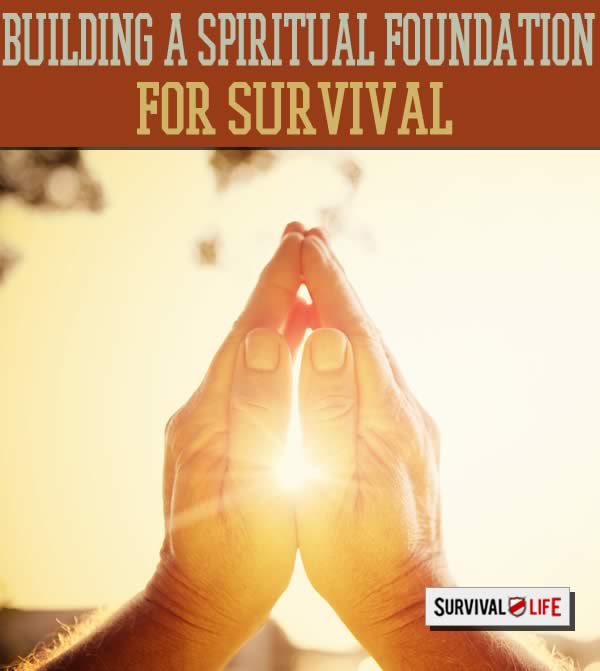
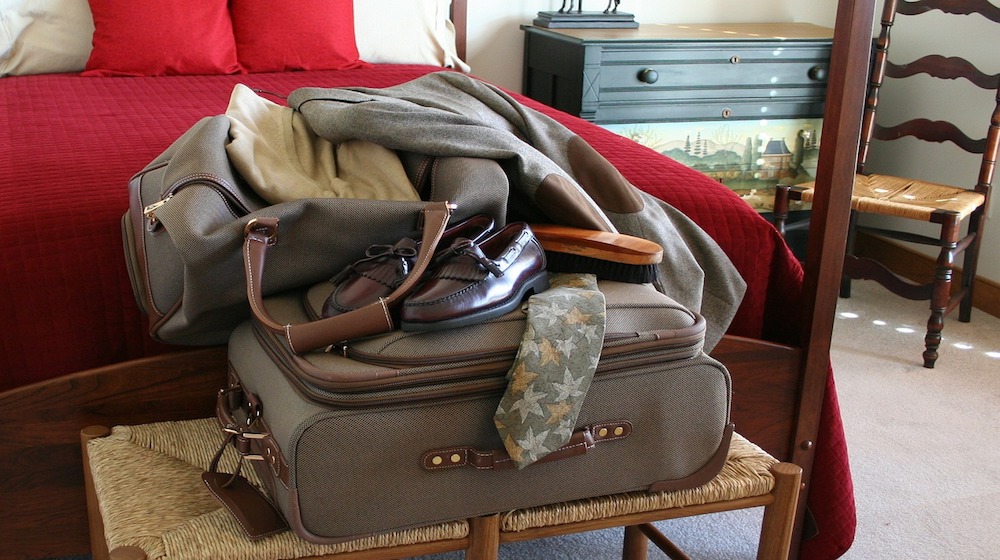


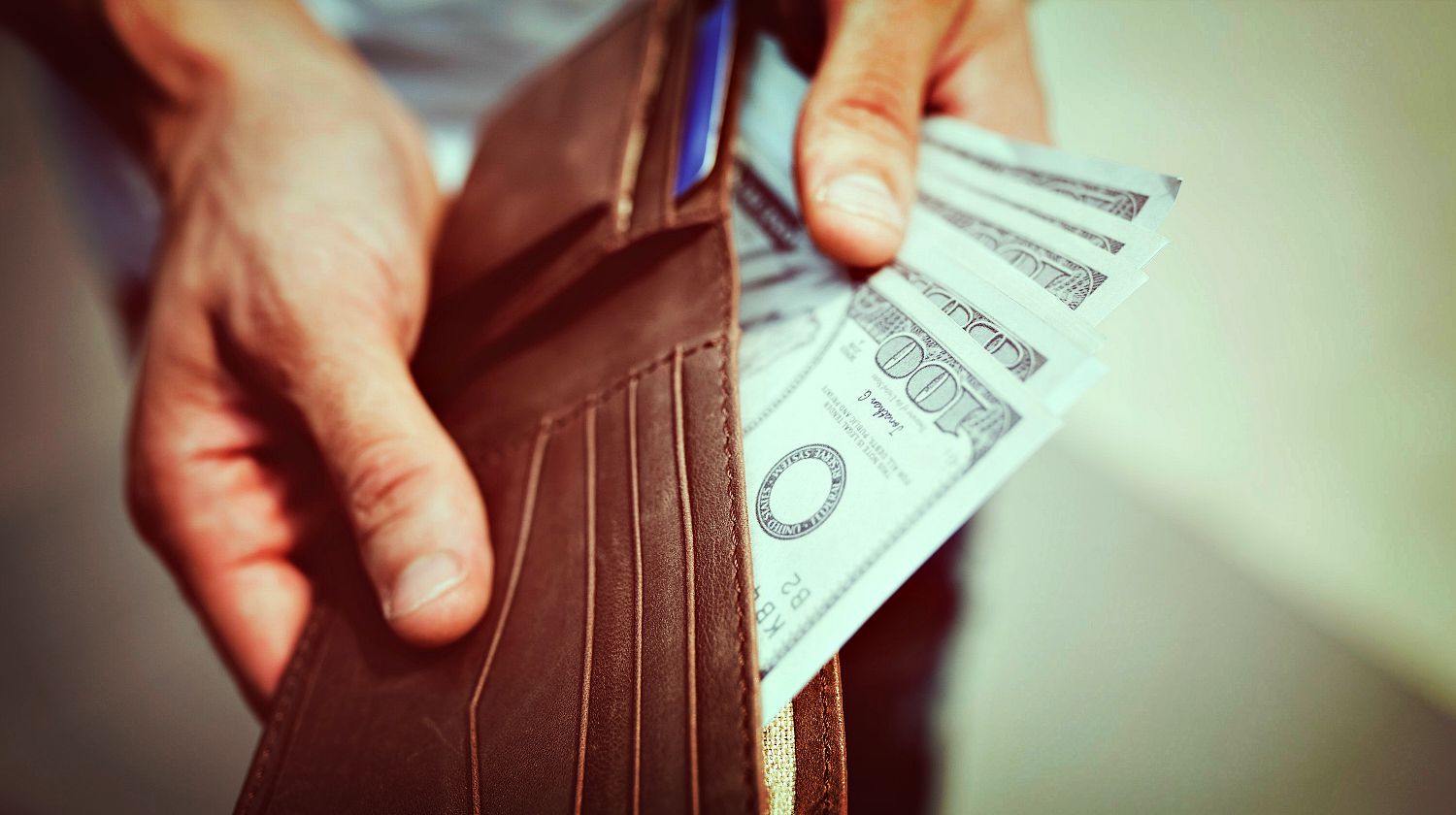


Pingback: All About the Financial Crisis in Greece
Pingback: Don't Cash That Social Security Check Just Yet! | Survival Life
Pingback: 10 Best Loans And Grants To Jumpstart Your Off-Grid Lifestyle | Survival Life
Pingback: 10 Best Loans And Grants To Jumpstart Your Off-Grid Lifestyle
Pingback: How To Raise Quail For Eggs And Meat | Survival Life
Pingback: How To Raise Quail For Eggs And Meat | survivalisthandbook.com
Pingback: How To Raise Quail For Eggs And Meat - Survive!
Pingback: How To Raise Quail For Eggs And Meat - Survivalist 101
Pingback: How To Raise Quail For Eggs And Meat
Pingback: 10 Best Loans And Grants To Jumpstart Your Off-Grid Lifestyle - Survive!
Pingback: 10 Best Loans And Grants To Jumpstart Your Off-Grid Lifestyle
Pingback: Prepare For Economic Collapse | 12 Things You Should Do | Survival Life
Pingback: Ways To Prepare For Economic Collapse | 12 Things You Should Do | Primitive technology
Pingback: 10 Best Loans And Grants To Jumpstart Your Off-Grid Lifestyle – Ultimate Survival Alerts